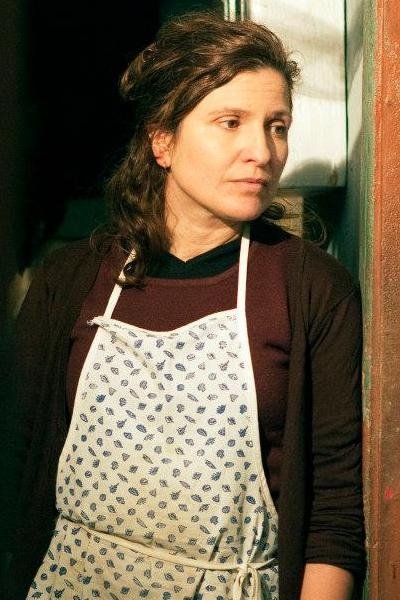

Maria spends her days working in her family’s noisy metal factory. While being oppressed by male violence, she is also responsible for caring for her sister-in-law and niece, both existentially depleted. A revolution starts to boil within her.
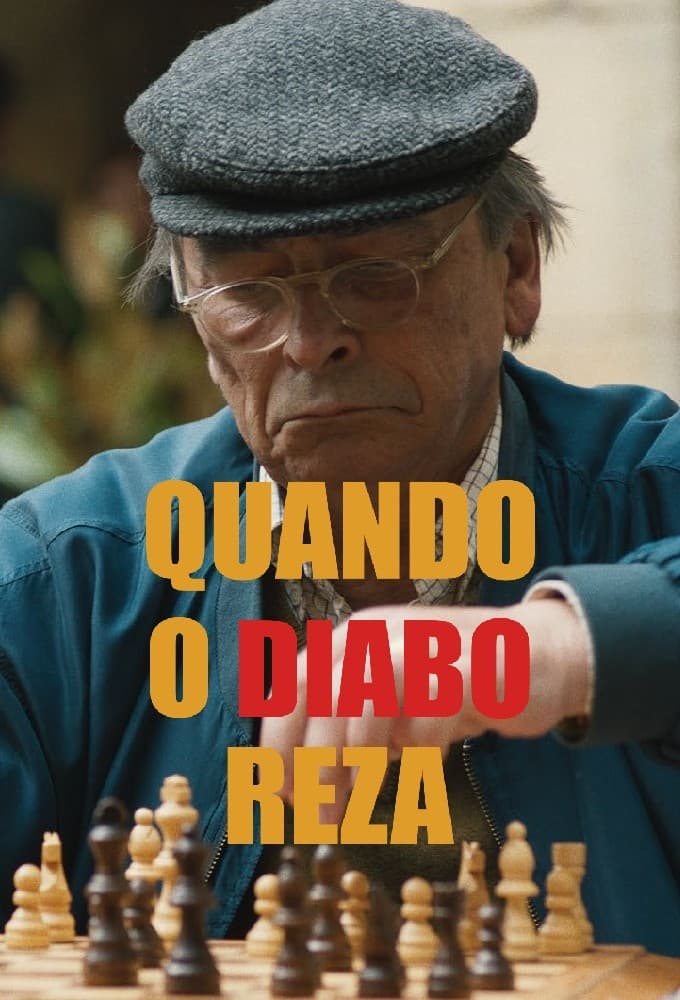
On one side, a bunch of crooks. On the other, two sisters. Nothing unites them except an idea: to relieve the bank account of an old man, who happens to be the sisters' father. The crooks devise a plan to gain his trust and swindle him. The sisters make plans for the last years of their father's life without neglecting the small detail of the inheritance. Each one in their own way, they all dream of the possibilities that the old man's money could bring them. But this one will not be easy prey.
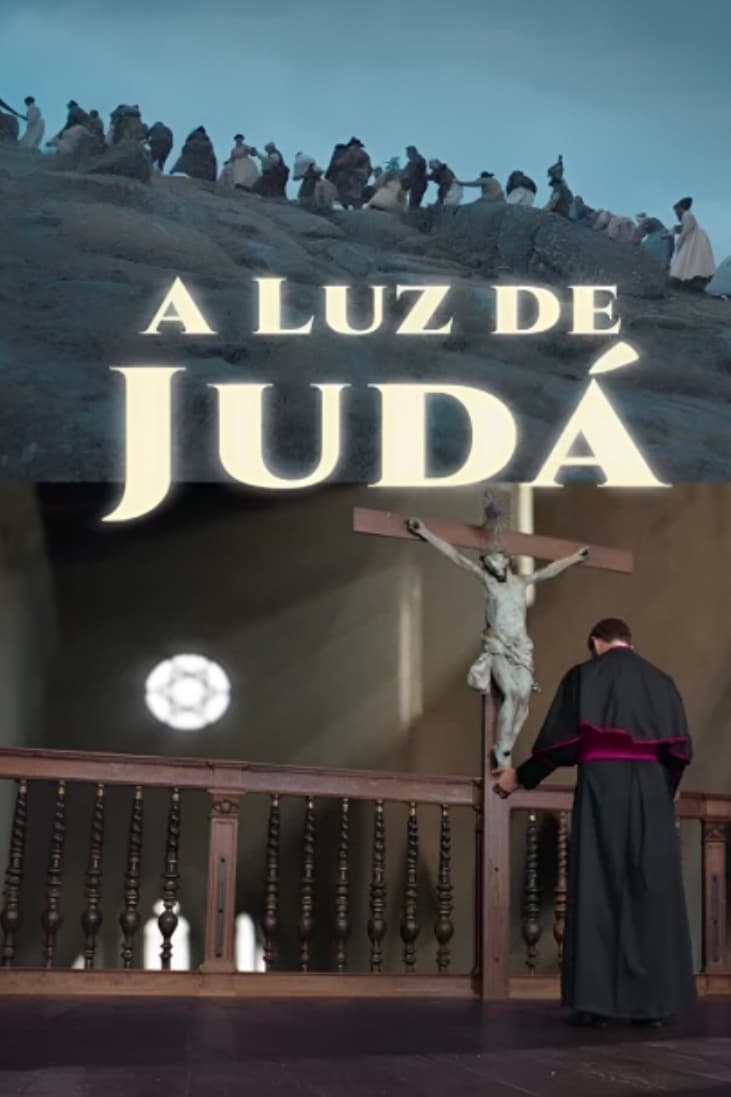
“1618” is a film about the inquisitorial visit to Porto that encountered resistance from priests, ordinary citizens and the city authorities themselves, all accustomed for centuries to living alongside the Jews.
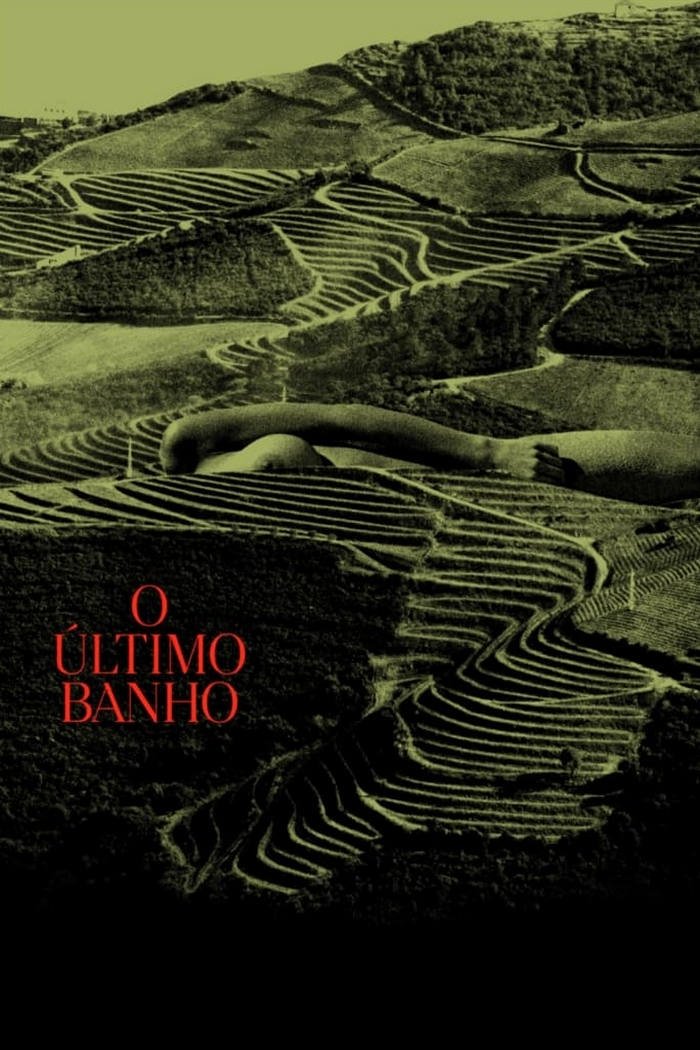
A nun is called upon to adopt her 15-year-old nephew, and as a consequence religious, familial and sensual love become entangled.
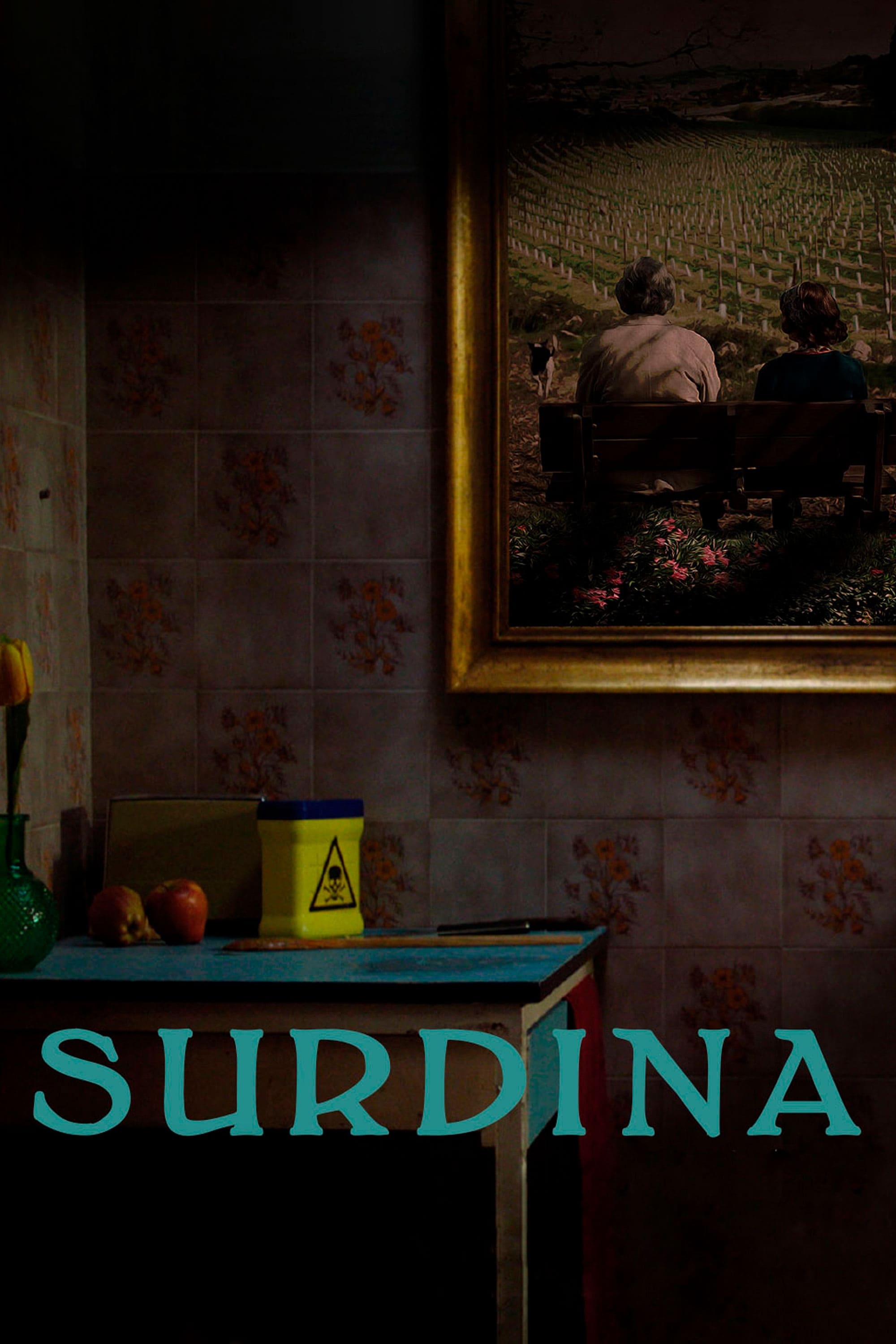
In a rural landscape, that resembles an old Portugal, an elderly man find out that his wife, whom he believed to be dead, was seen shopping in town. Spiteful and sad, he wants to hide from everyone, but his friends insist that he uses this situation to become stronger and try to get married again.

A young cape-verdean fighter will have to enter a dangerous boxing match to try to save his father.
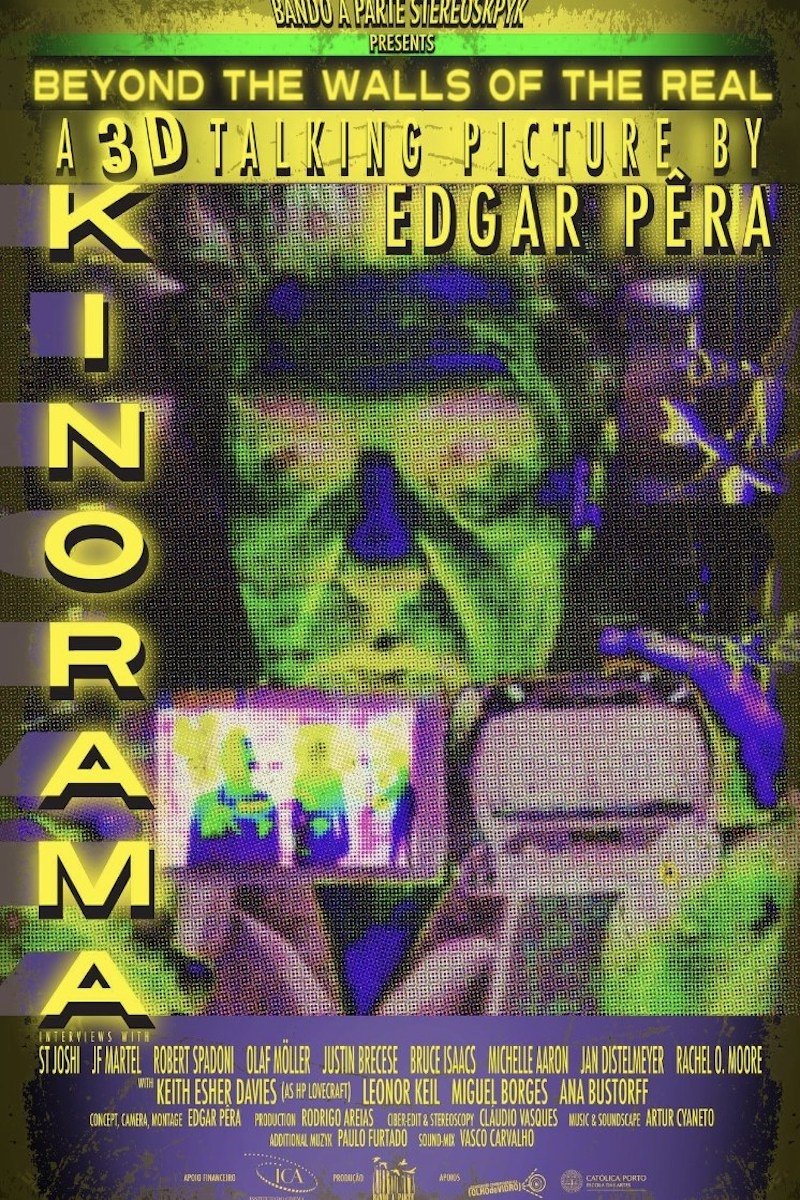
In 2016, Edgar Pêra released The Amazing Spectator, a playful investigation into cinema’s disquieting essence that had everything from negative film images of boobs and positively splendid interviews to a donkey hand puppet. The film and an accompanying book formed his PhD thesis. But as so often with him, projects turn into obsessions – especially when there are masses of notions not pondered, thoughts not elaborated upon. And so KINORAMA - Beyond the Walls of Cinema was born, a stand-alone continuation of The Amazing Spectator that looks at cinema’s future in cyberspace and, accordingly, perhaps the end of its enslavement to figurative representation, the 'stupid sacred in narrative cinema' (to use a Pêra’ism), realism and artificiality in 3D cinema, and many other aspects.

In 1496, King D. Manuel prohibited Judaism. 400 years later, Barros Basto, a Portuguese army captain converted to Judaism, and about twenty Jewish merchants founded the Jewish Community of Oporto, in the north of Portugal.

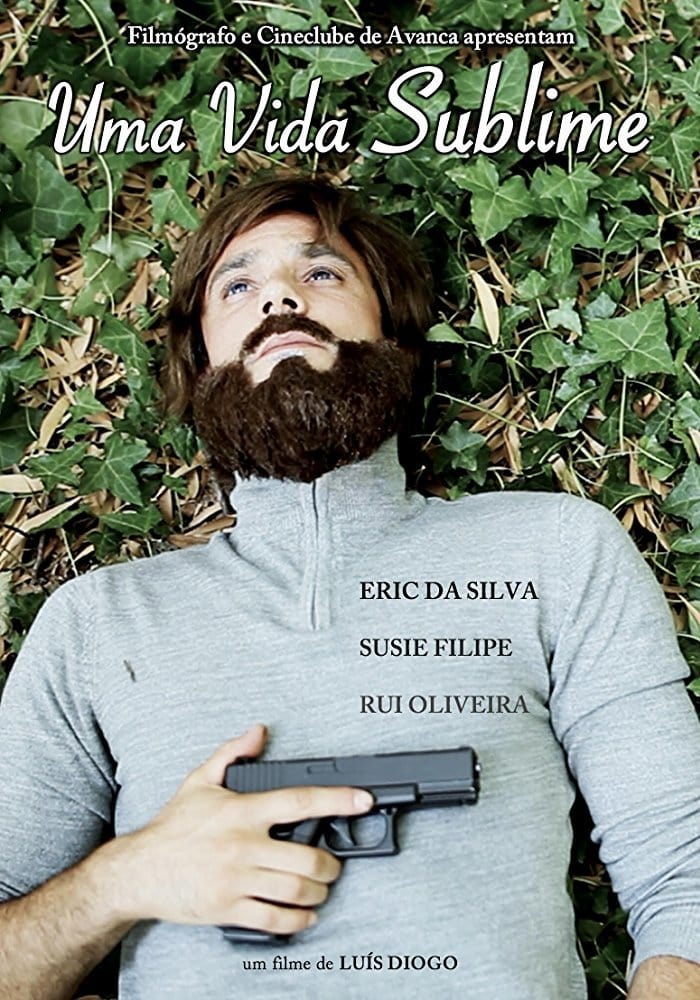
Dr. Ivan has found two radical cures for unhappiness: the diagnosis of fake terminal cancers and the temporary elimination of some of the 5 senses. But will the therapies result or will they have unforeseeable side effects?
By browsing this website, you accept our cookies policy.